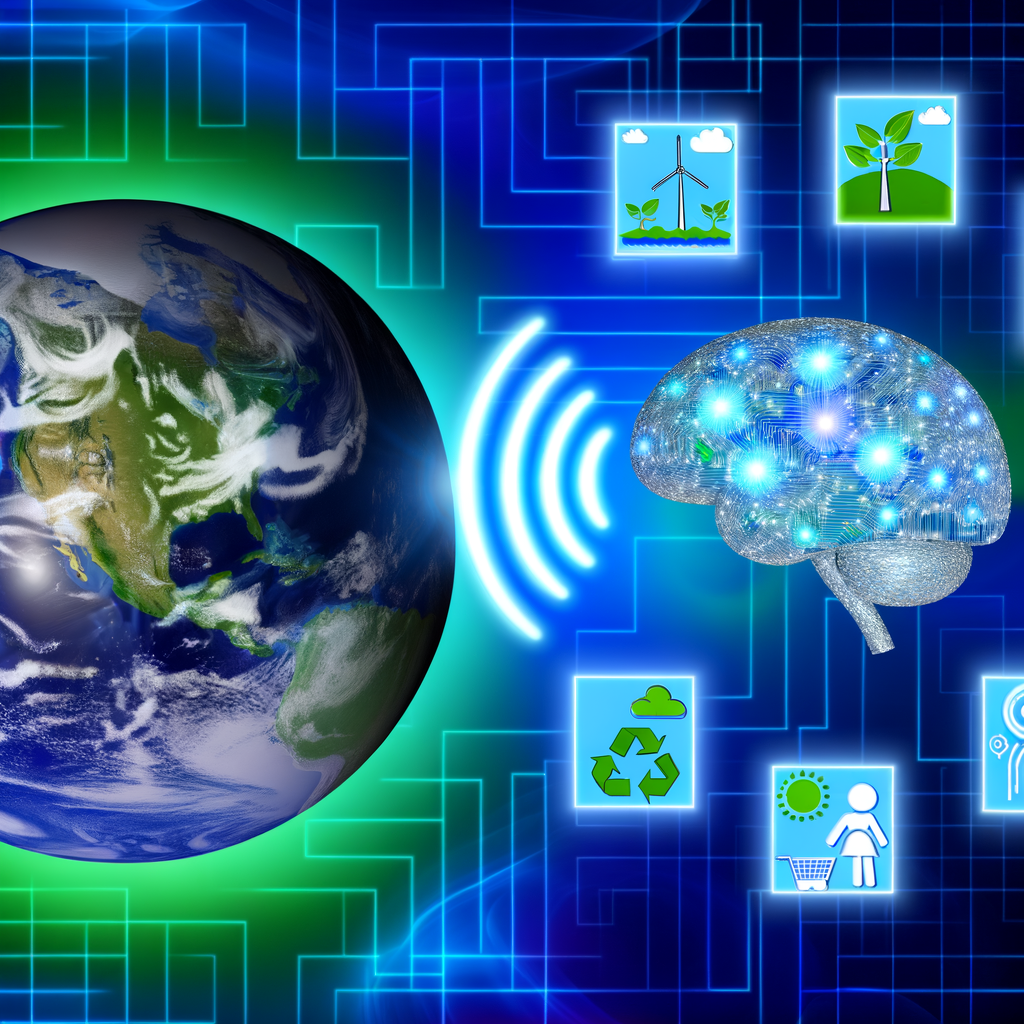Philips Showcases AI Imaging and Cloud Solutions at RSNA 2024
Amsterdam, the Netherlands – As advancements in technology continue to revolutionize the healthcare landscape, Philips has stepped forward to present its latest innovations in AI imaging and cloud solutions at the prestigious Radiological Society of North America (RSNA) 2024 Annual Meeting. This event, one of the biggest gatherings for radiology professionals worldwide, serves as a pivotal platform for discussing the integration of technology in diagnosing and treating patients effectively. With precision medicine becoming the hallmark of modern healthcare, Philips aims to propel this initiative by harnessing the power of artificial intelligence.
Transforming Radiology Through AI
Artificial intelligence is not just another buzzword in healthcare; it represents a transformative force that can empower radiologists to deliver more accurate diagnoses with speed and efficiency. At RSNA 2024, Philips will showcase a range of AI-driven tools and applications designed to assist radiologists in their daily tasks. With intelligent algorithms capable of analyzing massive datasets, these solutions promise to enhance the precision of imaging and facilitate better patient outcomes.
During the exhibition, Philips will reveal the latest upgrades to its AI-powered imaging systems. These systems are designed to detect anomalies in medical images with unparalleled accuracy, reducing the chances of missed diagnoses. “AI is redefining the way we interpret medical images, allowing for earlier detection of diseases and more tailored treatment plans,” said a representative from Philips. “Our commitment to integrating AI with diagnostic imaging is evident in our latest innovations.“
Emphasizing Precision Medicine
Precision medicine is about tailoring medical treatment to the individual characteristics of each patient. By analyzing genetic, environmental, and lifestyle factors, healthcare providers can create more effective treatment strategies. Philips recognizes the profound implications of precision medicine and has crafted solutions that support personalized care pathways.
One significant feature being showcased is Philips’ advanced imaging biomarker capabilities. These tools allow for the assessment of a patient’s unique biological markers directly from imaging studies. As a result, healthcare professionals can develop more accurate and personalized treatment plans. “By offering insights beyond standard imaging results, we enable clinicians to make better-informed decisions for their patients,” noted the Philips representative.
Cloud Solutions: The Future of Radiology
The healthcare sector is increasingly recognizing the importance of cloud solutions, especially in radiology, where scalability and data sharing are paramount. Philips has invested significantly in cloud technology to offer radiologists seamless access to patient information, facilitating quicker diagnoses and collaboration among healthcare teams.
At RSNA 2024, Philips will highlight its cloud-based imaging platform, which enables real-time sharing of diagnostic images and patient data. This feature is especially crucial for remote consultations and multidisciplinary team meetings, allowing specialists from different locations to collaborate on complex cases. “Our cloud solutions break down barriers, making healthcare more accessible while also streamlining workflows,” the representative added.
AI’s Role in Enhancing Workflows
In addition to improving diagnostic accuracy, AI technology plays a vital role in optimizing clinical workflows. Radiologists often face the challenge of managing high workloads, with numerous images to analyze within tight timeframes. Philips’ AI imaging solutions are specifically designed to assist in this area by automating routine tasks, thereby allowing radiologists to focus on more critical aspects of patient care.
One of the key features of Philips’ AI tools is their ability to prioritize imaging studies based on urgency. By flagging critical cases that require immediate attention, these systems help radiologists manage their time more efficiently. “Our AI technology acts as a force multiplier for radiologists, enhancing their ability to provide timely care without compromising quality,” said the healthcare technology specialist from Philips.
Partnerships and Clinical Collaboration
To enrich the capabilities of their AI imaging solutions, Philips collaborates with leading medical institutions and academic centers worldwide. These partnerships foster an environment of innovation, enabling the continuous enhancement of algorithms through real-world feedback and clinical data.
Philips aims to not only develop advanced tools but also to create a network of professionals dedicated to advancing radiology. By engaging with healthcare providers, academia, and healthcare technology experts, Philips fosters a culture of collaboration that drives the field forward. “Our partnerships with healthcare institutions ensure our technologies remain aligned with the real challenges faced by radiologists,” said the representative.
Conclusion: A Vision for the Future
The advancements in AI imaging and cloud technology showcased by Philips at RSNA 2024 serve as a testament to the company’s commitment to enhancing patient care through precision medicine. As AI continues to integrate into clinical workflows, the role of radiologists will evolve, positioning them as key players in managing personalized care pathways.
In a world where healthcare challenges are constantly evolving, Philips remains at the forefront, driving innovation and collaboration. “Our mission is to improve lives through meaningful innovation, and our participation at RSNA 2024 reflects our dedication to shaping the future of radiology,” the representative concluded.
This pivotal moment at RSNA 2024 not only sparks hope for improved patient outcomes but also sets a new standard for what is achievable in radiology. With a commitment to ongoing research and development, Philips is poised to lead the charge into a new era of precision medicine supported by AI and cloud solutions.
For more information about Philips’ AI imaging solutions and their impact on precision medicine, visit [Philips Healthcare](https://www.philips.com/healthcare).


